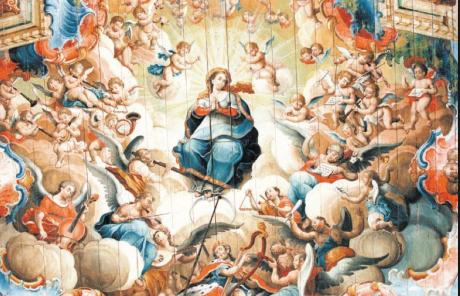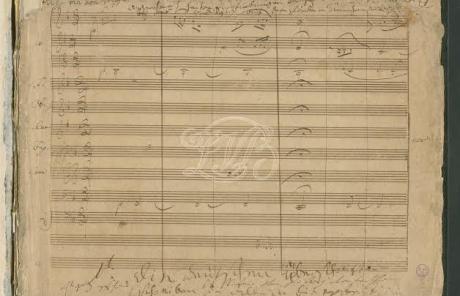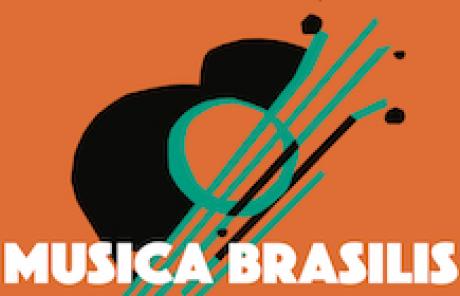Francisco Manuel da Silva (1795 - 1865), renowned cellist and composer, wrote in 1823 an anthem celebrating the proclamation of independence of Brazil. Admirer of the “Marseillaise”, he believed that an anthem should be vibrant and triumphant, more suited to celebrate a heroic event, as was his work. On the contrary, Emperor Dom Pedro I had also composed an anthem, appreciated for its melody, but unable to motivate people’s enthusiasm.
Being little disseminated, the composition would only be remembered in April 1831, when Brazilian people celebrated Pedro I’s abdication. With lyrics by Ovídio Saraiva, the composition has been later on referred as the “Anthem of April 7th”.
Ten years later, well orchestrated, the anthem would be played at Emperor Pedro II's coronation festivities, under the title “Coronation Anthem”. So, although not yet formalized, but already consecrated by tradition as Brazilian National Anthem, it was in 1869 the theme of a masterful piece, the “Fantasy on the Brazilian Anthem”, composed and played in a soirée in the Imperial Palace by the celebrated American composer and pianist Louis Moreau Gottschalk.
In 1889, by the occasion the Republic was installed in Brazil, the most radical citizens wished for a new national anthem, considering the old one an heirloom of the Empire. A contest took place in January 1890 to choose the new anthem, attended by 29 composers. Many people and politicians pleaded fort the maintenance of the olf anthem and Brazilian President Deodoro da Fonseca decided soon enough that the new anthem would be the “Proclamation of the Republic Anthem”.
After the contest, the law nº 171 signed on January, 20st, 1890 maintained the work by Francisco Manuel da Silva as the “National Anthem”, as well as declared the composition rewarded with the first prize, by Leopoldo Miguez and José Joaquim Medeiros e Albuquerque, as the “Proclamation of the Republic Anthem”.
Nevertheless, the old lyrics didn’t suit the new political status as a Republic. This situation would remain disregarded until July 1909, when the government instituted a new contest to choose the new lyrics. Joaquim Osório Duque Estrada’s (1870/1927) poem won the contest, but would still await several years to be officially declared the text of the “Brazilian National Anthem”, by the law n°15.671, of June, 9, 1922, the day before the Independence Centennial and 99 years after the composition’s creation. Francisco Manuel died five years before the birth of his partner Osório Duque Estrada.




